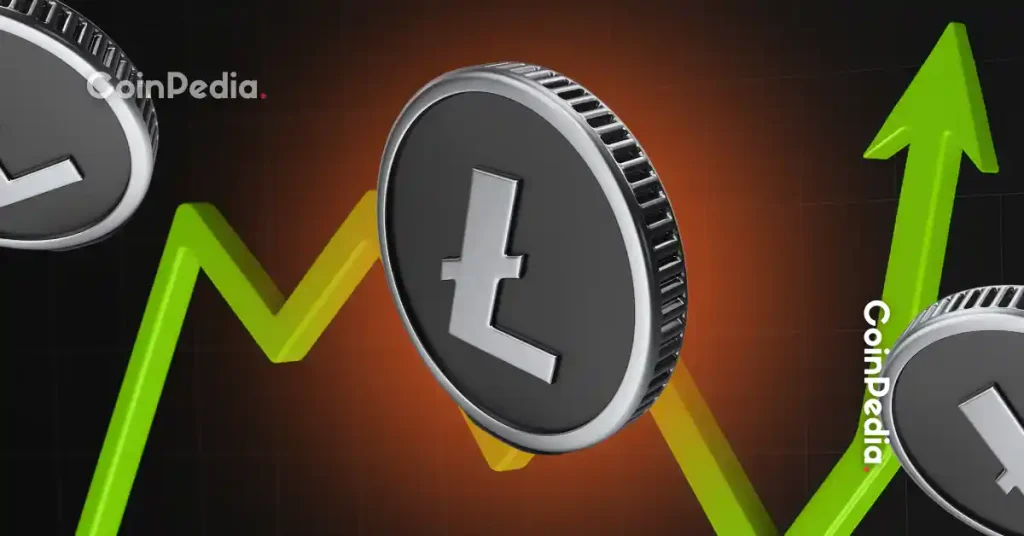
On Sunday night, Bitcoin hashrate figures hit an all time high after passing previous peaks in mid-2021 according to data from Glassnode, CoinDesk reported. The hashrate is the amount of computational power that miners use to mint new bitcoins and verify new transactions on the Bitcoin network. Each second, millions of calculations are solved. This process is known as mining.
Higher rates mean more security
Higher hashrates mean a more secure and stronger network, which makes it more difficult for cybercriminals to carry out attacks. However, the maintenance of intensively operating machinery is expensive and requires superior technical knowledge, not to mention electricity costs.
When the Chinese government cracked down on mining in June last year, Bitcoin hashrates dropped from more than 190 to 61 exahashes per second.
Chinese miners supplied almost half of BTC computing power
At the time, it was estimated that Chinese miners supplied almost 50% of Bitcoin’s requisite computing power. Chinese miners promptly migrated to Iran, Kazakhstan, Scandinavia, the U.S., and other regions.
Network didn’t take long to recover
The flagship crypto has since bounced back. Data from Glassnode shows hashrates were at an all time high of 201 exahashes on January 1, which is above pre-Chinese crackdown levels.
On January 2, Casa wallet founder and Bitcoin developer Jameson Lopp tweeted:
Some engineers say the recovery showcases the network’s resilience after a plummet last year. Weathering and completely recovering from a 50%+ drop due to a mining ban by the country with the most hashpower was a major milestone for network resilience.
On Monday morning, hashrates had declined slightly to 189 exahashes per second.
Bearish shift in investor sentiment
In related news, a blockchain indicator from Glassnode tracking coin flow in and out of centralized exchanges shows a bearish investor sentiment shift not unlike the one seen before Bitcoin crashed in May last year. Glassnode data shows that fewer coins are leaving than entering exchanges. The 90-day net exchange flow moving average has turned positive.
Bad news for Bitcoin bulls
Sustained net inflows are bad news for bulls because they indicate investor intention to sell. Sustained outflows, on the other hand, indicate a potential price rally.
The post Bitcoin hashrate at ATH appeared first on Invezz.















 English (US) ·
English (US) ·